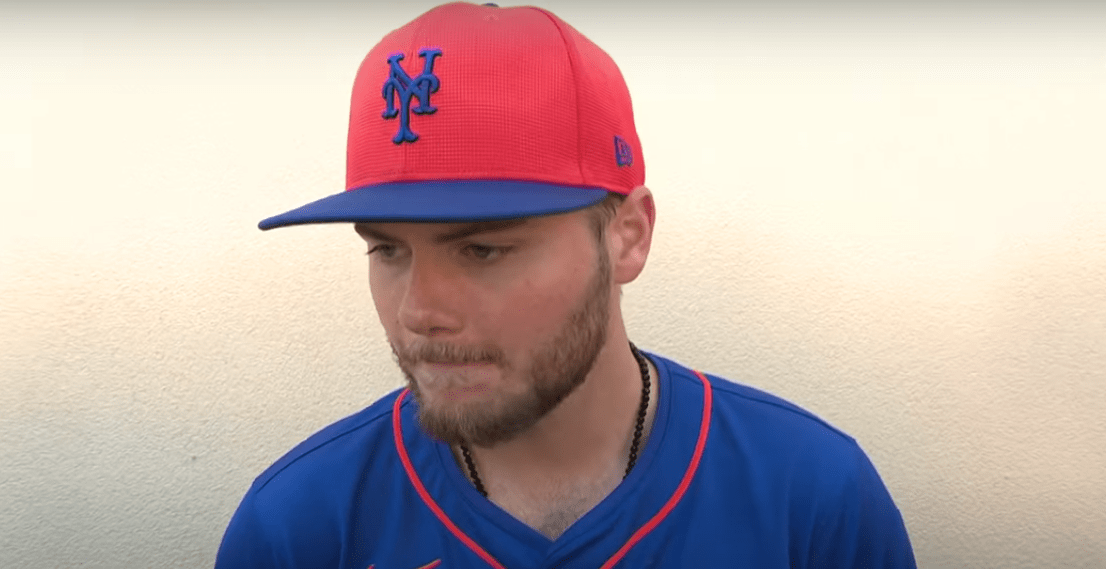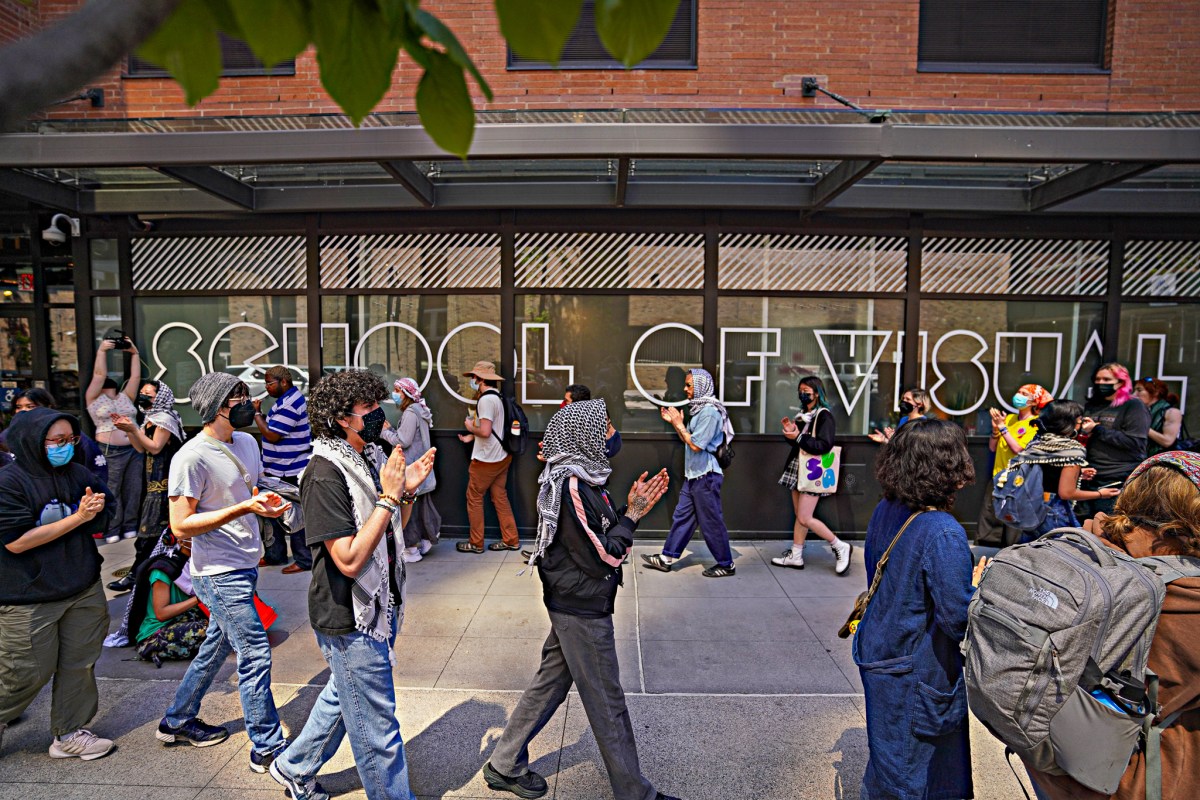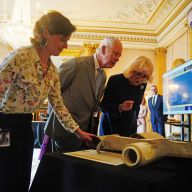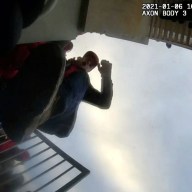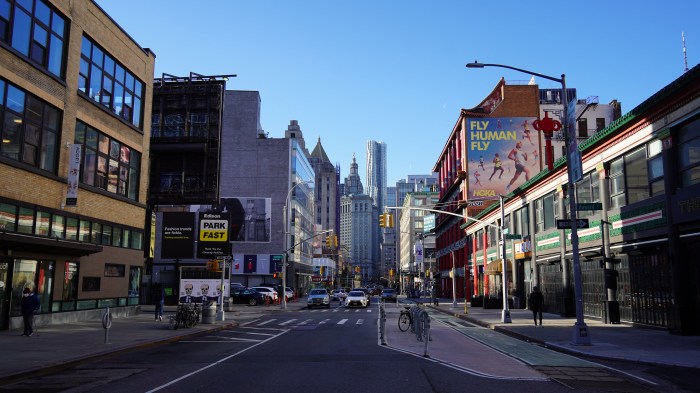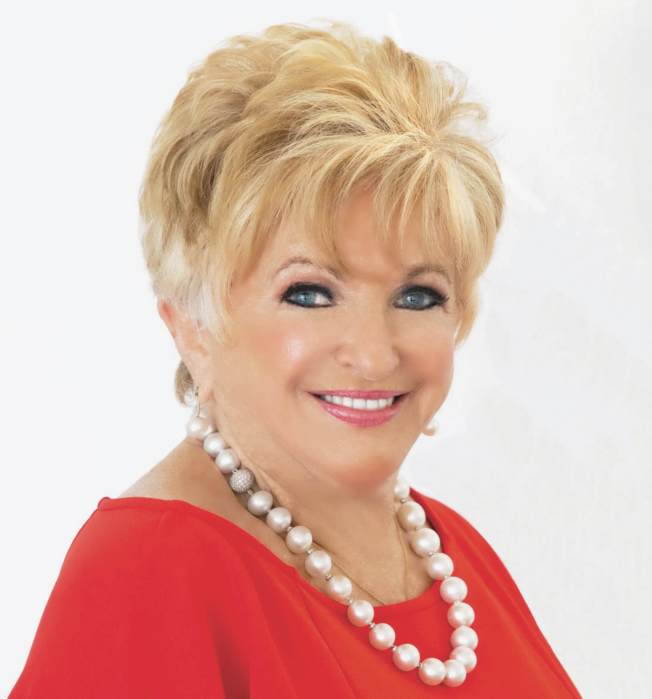Naomie Harris didn’t want to play a crack addict. It wasn’t long ago — and it’s still the case, frankly — that a lot of black actors get stuck playing drug addicts. The English-born actress wanted to avoid that. And she has: She’s played strong female characters going back to “28 Days Later,” through taking on Winnie Mandela in “Mandela: Long Walk to Freedom,” right up to being our current Moneypenny in the Bond films. So what led to Harris breaking her vow for “Moonlight,” Barry Jenkins’ acclaimed drama, in which she plays Paula, the crack-addicted mother of a shy boy in a low-income Miami neighborhood who we watch, over three segments, grow into a hard, grill’d-up man? Harris said he wanted to avoid stereotypes, especially having been raised by a mother who battled her own addiction. “She wasn’t just a demon, she wasn’t just an addict,” Harris tells us of her character. “The wonderful thing about her is she’s so full of love.” We talk to Harris, 40, about learning about a subject she knew little about, the beauty in this sometimes brutal film and how it’s also quite funny, too.
This is quite a heavy film, but it also has moments of real transcendence. It’s even funny sometimes. RELATED: Interview: Henry Thomas on “Ouija,” his fantasy novel and, yes, “E.T.” It’s incredible to think you shot all your scenes, over three separate time periods, over only three days. You had to navigate a lot of ground. So these junket interviews are actually helpful! What kinds of things did you invent for Paula’s backstory? It’s something so many of us can’t even comprehend. It’s important that you don’t see her defined only by her addiction. In the first section, you can see what she’s like when she’s new to the drug. This could have easily been a film that rubs our noses in the dirt, but it’s important that it’s so visually beautiful, and has moments where Chiron finds brief moments of happiness. It’s as much about realism as it is about transcendence. It sounds like you’re an actor who really pays attention to and cares about your movies’ visuals. Is that something you discuss with directors who want to cast you?
You know what? Last night at our New York premiere, people were laughing left, right and center. That’s the first audience that has laughed that much. I didn’t even realize how many jokes were in the movie. They were finding a lot of [actress] Janelle Monae’s lines really funny. It’s like, ‘Oh yeah, that is pretty funny.’
The work was done before. I had a month to prepare, so I did all my research then, all my interviews with people with addictions. YouTube is a minefield for research. I saw some amazing documentary on YouTube about addiction, from the ’80s. It had interviews with crack addicts. Then how I get into character is doing this, what we’re doing: I imagine that I’m being interviewed.
They are! I imagine an interviewer asking, “Where did you grow up? What is your mum like?” And I answer them as though I’m being interviewed in the voice of the character. That way I find a whole narrative behind them. Through that I find their voice. Then it comes alive.
What was tragic was every single story I researched of a woman with crack addiction had some kind of sexual abuse or rape in her history. It was almost like the trauma of that created a split in their personality. There was this public face, where they were holding it all together. Then there was this separate persona that was in deep pain, that was never addressed and never healed. That means they’re always looking for an out, some way to escape from themselves, escape from their pain. That’s why drug addiction, especially crack, is so seductive.
I don’t even drink coffee, and I don’t drink alcohol. So for me it’s a massive jump to play a crack addict. So how do I get an “in” to this? This one woman described it so beautifully: She said it was like the greatest love affair. Because when you start taking drugs, it’s like a lover who treats you so well, makes you feel amazing and makes you feel so confident and happy. There are amazing sensations that you have. But the more you get into it, it becomes like an abusive lover. Your body gets more and more immune to the drug, so you need bigger and bigger doses, just to feel the high. You’re always chasing the high you got at the beginning. But you can never recreate those. You start hating the drug, because you don’t want it. But you’re addicted to it. And you start hating yourself as well. Then you’re addicted to this awful goddamn spiral. That for me was what made me feel it so deeply. That I can really understand.
The main thing for me is you have to fall in love with the character to be able to play them. What I found really interesting was the more I researched Paula and created her backstory, I realized she’s doing the best she can with the resources she has. It’s not until she finds outside help and people who are able to help her through this process that she can do any better. But before that she can’t do any better.
You’re completely right. I think of the scene where Chiron is using the bathtub, and he’s filling it with hot water from the stove. He ends up with these suds dripping down the sides of his face. That is incredible. There’s something about that. You feel like you’re in that bathroom with him. It’s a brutal moment: He doesn’t have hot water [from the taps]. But the way it’s filmed, there’s such beauty to it.
Yeah, I do.
No, because you never know. Even if a director can talk the talk, you never actually know. It’s like a dating situation: People can say, “I’m this or that,” and it’s not until you’re in the relationship that you’re like, “You’re not this or that. [Laughs] You’re lying to me!” And then it’s too late. The only way to know is to see their work beforehand. I’m so grateful to Barry, because he more than delivers.
Naomie Harris on ‘Moonlight’ and how it’s (sometimes) funny
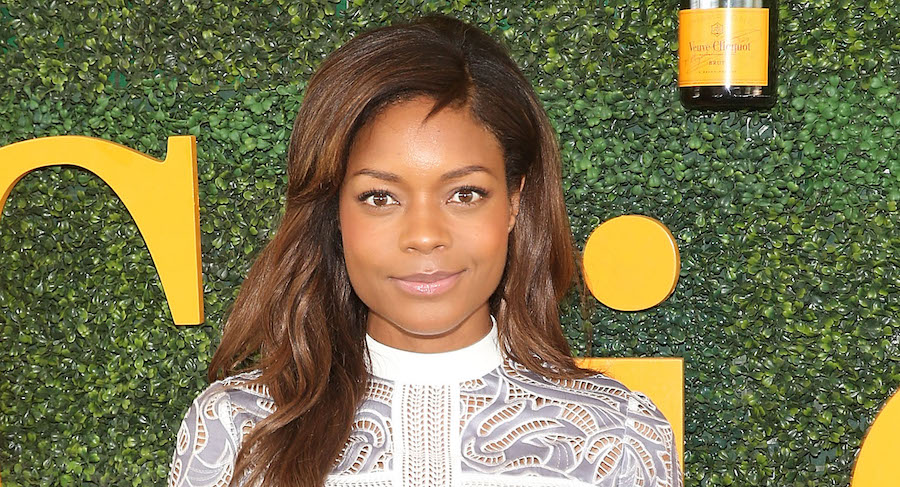
Getty Images
Follow Matt Prigge on Twitter @mattprigge




